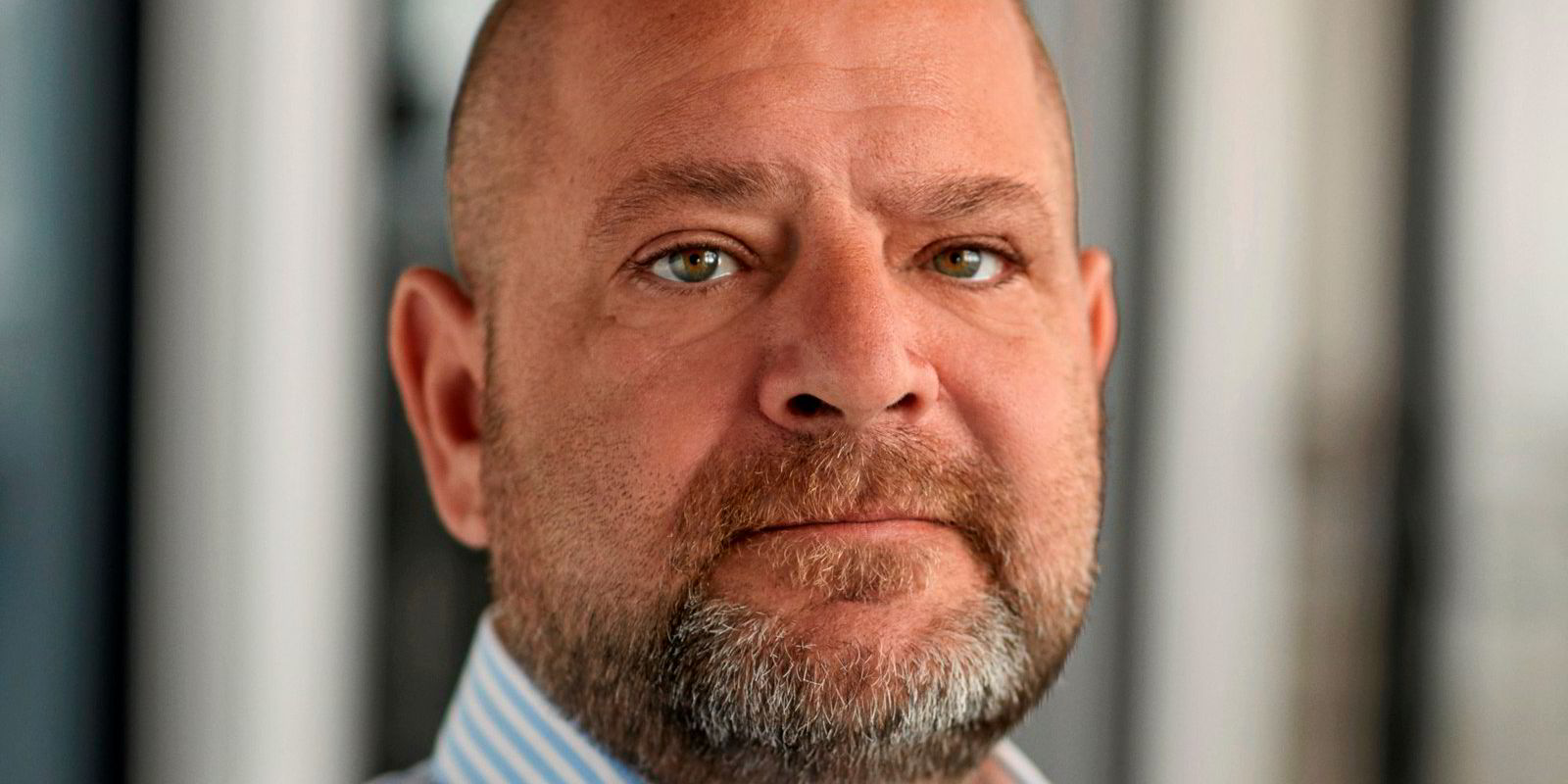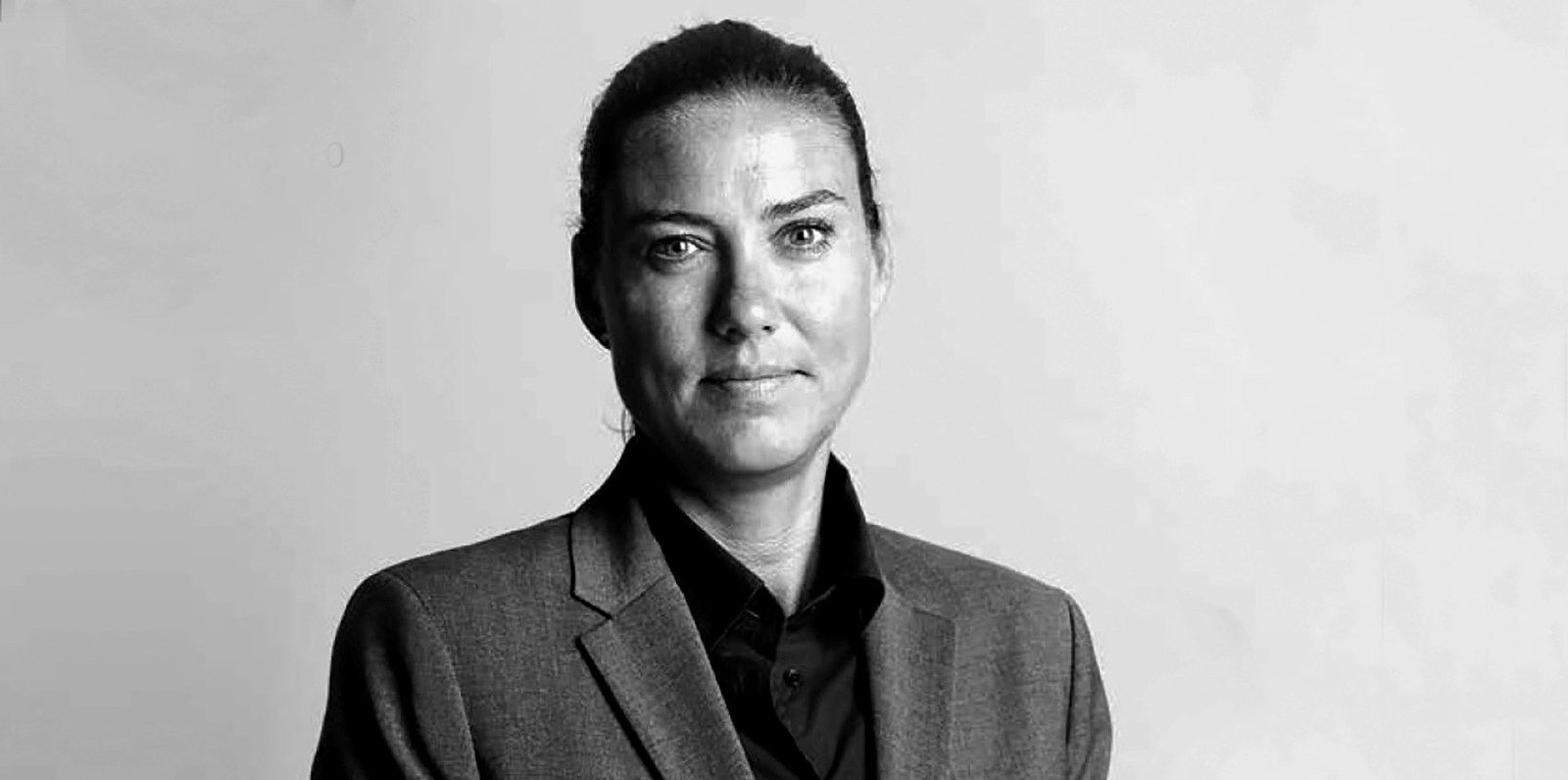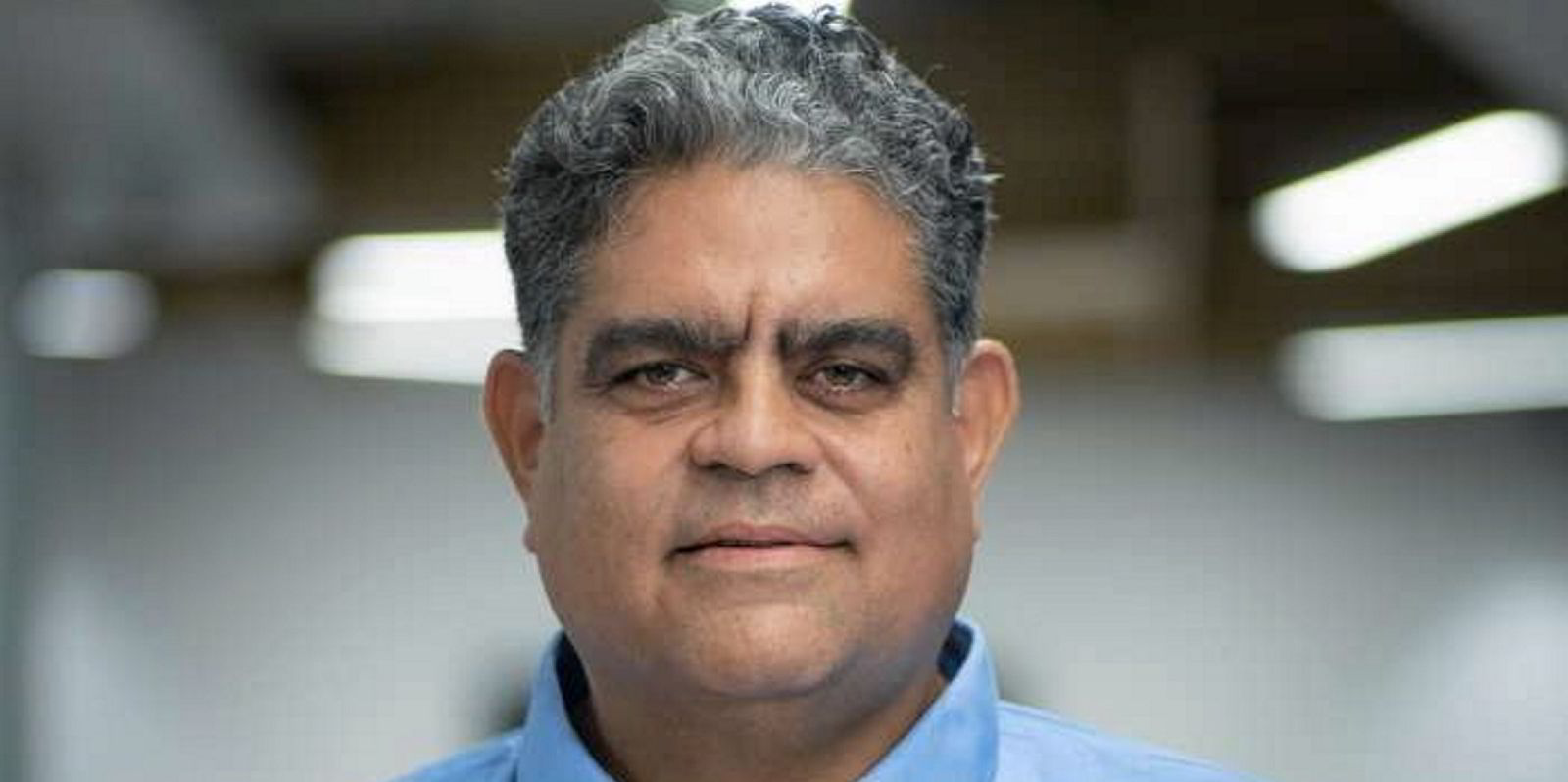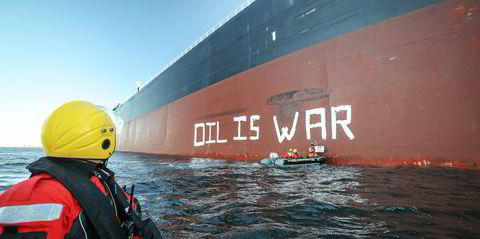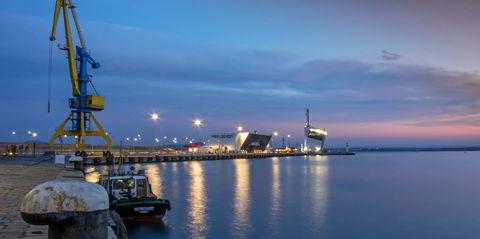The Asian tanker markets are having a big impact on the growth of Maersk Tankers.
Senior executives at the Copenhagen-based company have revealed that around 40% of the ships under its management are trading in the Asia-Pacific region and managed by its Singapore office.
Of the about 150 vessels managed by Maersk Tankers, 136 of between 10,000 dwt and 120,000 dwt are deployed in four pools based on size and segment. The rest are under other forms of commercial management and do not appear on the fleet list posted on the company’s website.
Of these, 40 are Asian-owned, the latest being a pair of small chemical tankers contributed by Vietnam’s Asia Pacific Shipping.
Kristian Jasper, managing director and head of chartering of Maersk Tankers Singapore, has played an instrumental role in the large and growing presence of Asian-owned tonnage trading under Maersk Tankers management since taking the helm of the Singapore office in 2021.
China: China Development Bank Financial Leasing, Cosco Shipping, Seacon Shipping, Shandong Shipping
Hong Kong: EGPN Bulk Carrier, Island Navigation, Nan Fung Shipping
India: Seven Island Shipping, Sanmar Shipping
Japan: Fuyo Kaiun, Imabari Senpaku, Keishin Kaiun, Sansha Kisen, Uwajima Unyo
Singapore: Golden Pacific International, OM Maritime, Petredec, Shenlong Maritime
South Korea: Cido Shipping, Sinokor, SK Energy
Taiwan: Formosa Plastics Marine Corp
Vietnam: Asia Pacific Shipping
Most of the Asian pool partners have contributed one to three ships to Maersk Tankers’ pools, in contrast to Europe, where a smaller number of owners have contributed a larger number of ships.
Jasper told TradeWinds that he continues to work on getting existing pool partners in Asia to contribute more ships, and others to join.
As it grows its activities in Singapore, Maersk Tankers has had to go in search of larger real estate, vacating its long-occupied premises in HarbourFront Centre and moved into new digs in the central business district. The move brings it closer to the offices of customers, pool partners and brokers, and offers employees a modern work environment in a central location.
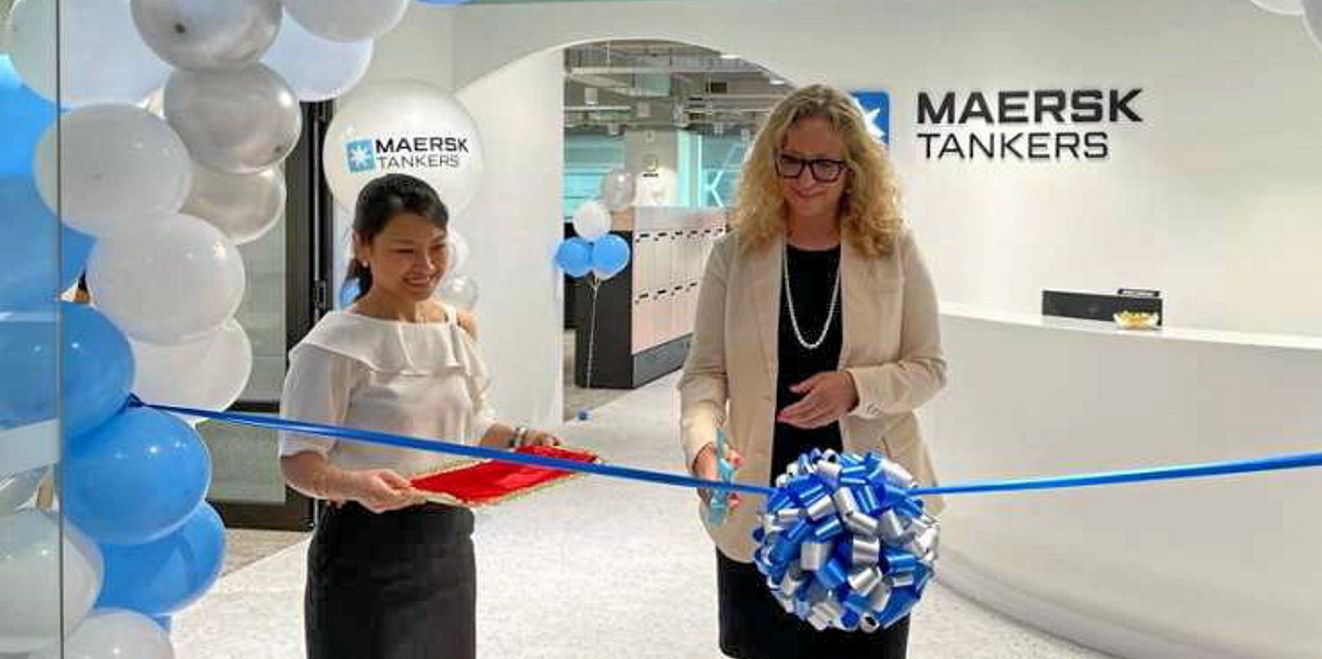
The Maersk Tankers of today emerged in 2017 when AP Moller-Maersk sold the company to its largest shareholder, the Moller Foundation. The company’s product tankers were at the same time hived off into a new entity called Maersk Product Tankers.
Maersk Tankers is now a service company that performs commercial management functions for Maersk Product Tankers and around 35 other owners.
The company has seen its tanker pools cut in number, largely because of the structural changes in the industry following Russia’s invasion of Ukraine.
At the same time, it has moved back into gas by taking over the voyage management of a number of Petredec VLGCs.
Maersk Tankers will handle the voyage management operations, fuel optimisation and claims handling, covering full post-fixture support from the time the vessel is fixed for a voyage, through its successful execution, to the closure of the voyage books.
Voyage management is an area the company is keen to expand into, as it leaves smaller vessel operators in control of their own chartering while leveraging the scale and efficiency of a larger organisation for day-to-day operations.
Christian Ingerslev, who served nearly seven years as CEO, left in May to take on the same role at offshore service company Maersk Supply Service.
Tanker veteran Tina Revsbech has been named as his successor and will start in the role later this year.
